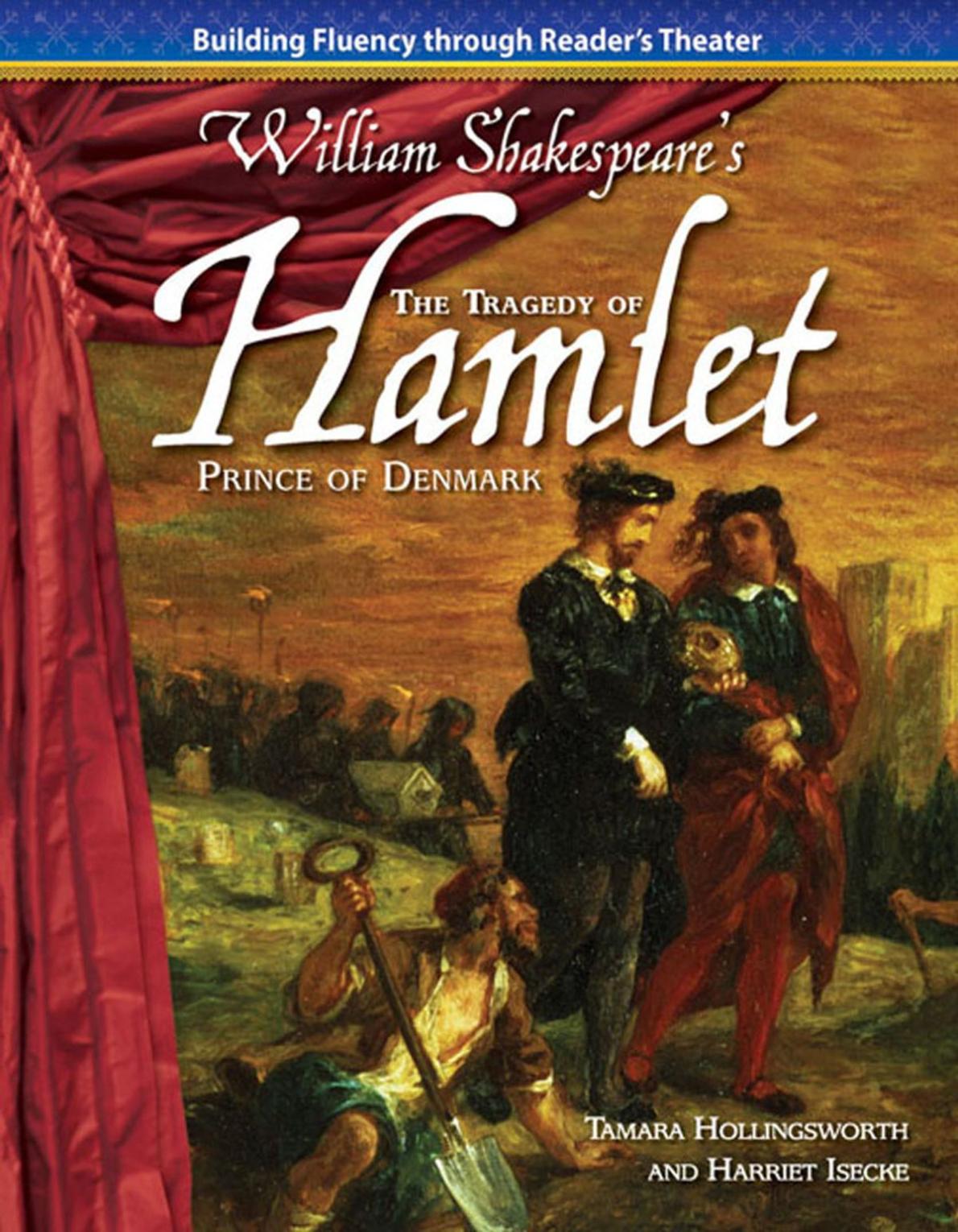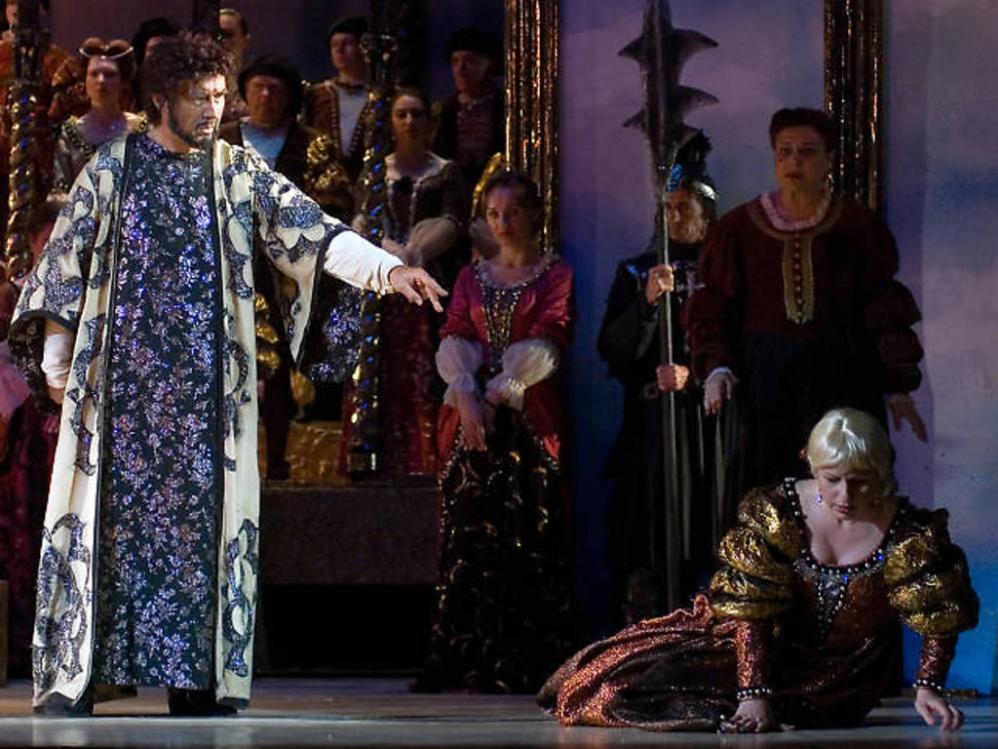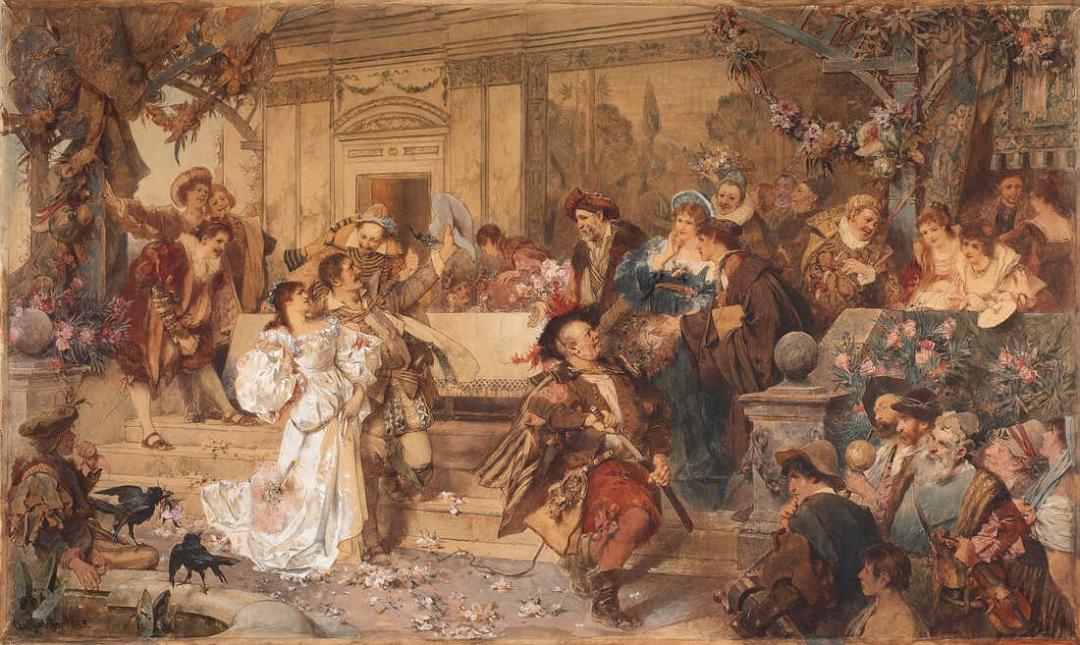What are the Most Common Criticisms of Shakespeare's Work?
William Shakespeare, the renowned playwright and poet, has captivated audiences for centuries with his timeless works. However, his legacy is not without its share of criticisms. This article delves into the most common criticisms leveled against Shakespeare's work, exploring the controversies and debates that surround his plays.

I. Lack Of Historical Accuracy
One of the most prevalent criticisms of Shakespeare's historical plays is their liberties with historical facts. Critics argue that Shakespeare often sacrificed historical accuracy in favor of dramatic effect, leading to distorted representations of historical events and characters.
- Julius Caesar: The play's portrayal of Caesar's assassination and the subsequent power struggle is historically inaccurate, with characters and events rearranged for dramatic purposes.
- Richard II: Shakespeare's depiction of Richard II's reign and downfall deviates significantly from historical accounts, romanticizing the king's character and altering the sequence of events.
These criticisms raise questions about Shakespeare's intentions and the purpose of historical drama, sparking debates about the playwright's responsibility to historical truth versus his artistic freedom.
II. Complex Language And Vocabulary
Shakespeare's plays are renowned for their rich and complex language, but this very aspect has drawn criticism for its difficulty in comprehension. Critics argue that Shakespeare's use of archaic words, unfamiliar phrases, and intricate sentence structures makes his plays inaccessible to modern audiences.
- Archaic Words: Shakespeare employed numerous words that are no longer in common usage, creating challenges for understanding the meaning and context of his lines.
- Unfamiliar Phrases: Shakespeare's plays are replete with unique and obscure phrases that can be difficult to decipher, even for native English speakers.
- Complex Sentence Structures: Shakespeare's sentences are often long and convoluted, requiring careful attention and analysis to grasp their full meaning.

These linguistic challenges faced by actors, directors, and audiences alike have led to debates about the need for modernization and adaptation of Shakespeare's plays to make them more accessible to contemporary audiences.
III. Gender Roles And Portrayal Of Women
Critics have also taken issue with the portrayal of women in Shakespeare's plays, arguing that they often conform to stereotypical and limited roles. Many female characters are depicted as passive, obedient, and subservient to men, reinforcing traditional gender norms.
- Ophelia in Hamlet: Ophelia's character is often seen as a symbol of female fragility and madness, reinforcing the idea that women are emotionally unstable.
- Desdemona in Othello: Desdemona's unwavering devotion to Othello, despite his jealousy and violence, perpetuates the notion of women's self-sacrifice and unconditional love.

These criticisms have sparked discussions about Shakespeare's views on gender and the social and cultural attitudes towards women during his time.
IV. Lack Of Diversity
Another criticism leveled against Shakespeare's work is its lack of diversity in terms of race, ethnicity, and cultural backgrounds. Critics argue that Shakespeare's plays predominantly feature white, male characters, excluding or marginalizing characters from other backgrounds.
- Romeo and Juliet: The play's central characters, Romeo and Juliet, are both white, and there is a notable absence of characters from other ethnic or racial groups.
- Macbeth: Similarly, Macbeth and the majority of the characters in the play are white, with no significant representation of characters from diverse backgrounds.
These criticisms highlight the need for more inclusive interpretations and adaptations of Shakespeare's plays that reflect the diverse world we live in today.
V. Relevance To Contemporary Audiences
Some critics argue that Shakespeare's plays may seem outdated or irrelevant to modern audiences, questioning their connection to contemporary concerns and experiences. They contend that the language, cultural references, and themes of Shakespeare's plays are difficult for modern audiences to relate to.
- Language: The archaic language and unfamiliar vocabulary of Shakespeare's plays can create a barrier for modern audiences, making it challenging to engage with the stories and characters.
- Cultural References: Shakespeare's plays are steeped in historical and cultural references that may not be familiar to contemporary audiences, leading to difficulties in understanding the context and significance of certain scenes.
Despite these criticisms, many argue that Shakespeare's plays still resonate with contemporary audiences due to their universal themes and timeless insights into the human condition.
VI. Conclusion
The criticisms discussed in this article provide a glimpse into the ongoing debates and controversies surrounding Shakespeare's work. Despite these criticisms, Shakespeare's legacy remains enduring, with his plays continuing to be performed, adapted, and studied around the world. His works challenge us to engage with complex ideas, explore different perspectives, and reflect on the human experience. By acknowledging and understanding these criticisms, we can gain a deeper appreciation for Shakespeare's artistry and the enduring relevance of his plays.
As we delve into Shakespeare's world, let us approach his plays with an open mind, a willingness to explore their complexities, and a recognition of the historical and cultural context in which they were created. In doing so, we can unlock the timeless treasures of Shakespeare's work and continue to find meaning and inspiration in his plays for generations to come.
YesNo

Leave a Reply